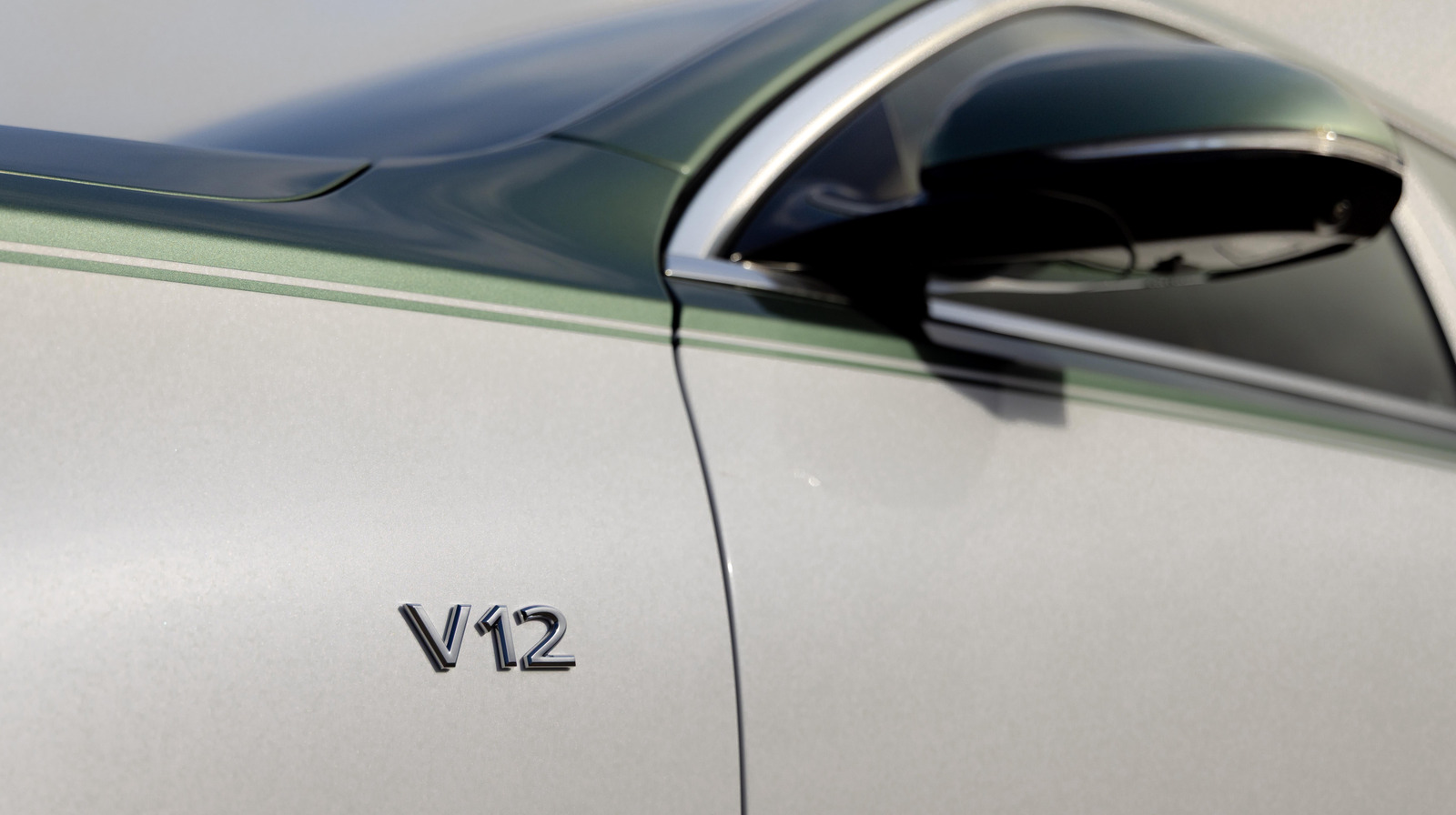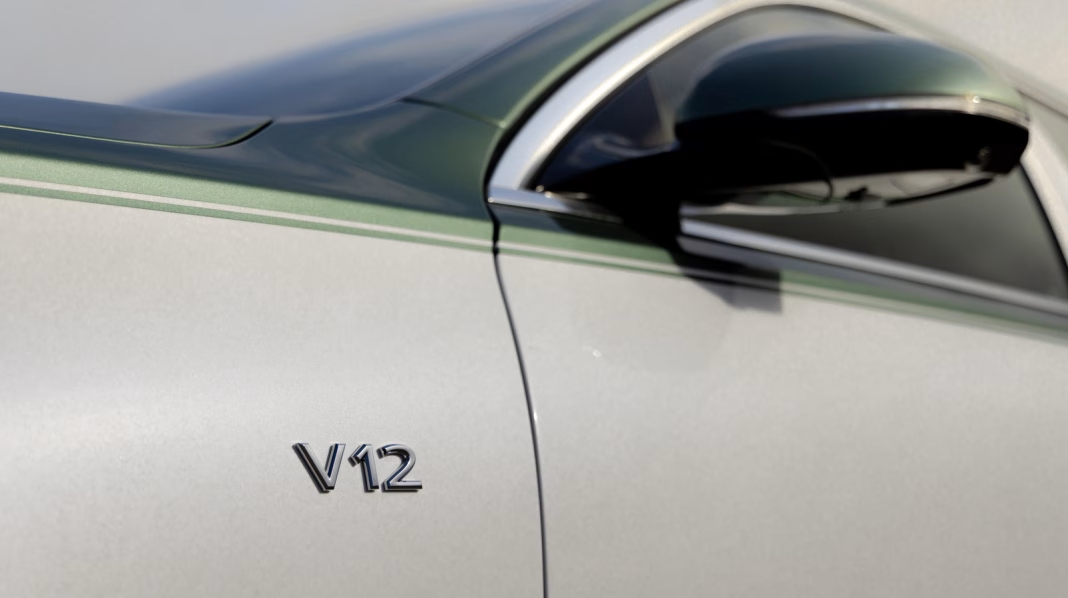Why Are 12-Cylinder Engines So Rare Today?
If you’ve ever heard the deep, thunderous rumble of a V12 engine, you know it’s a sound that sticks with you. But take a look around—these engines are becoming a rare sight. Why? The answer is a mix of tightening emissions regulations, the global push toward electrification, and the sheer cost of producing such complex powerplants. According to the International Energy Agency, over 14 million electric vehicles were sold worldwide in 2023, a clear sign that the automotive landscape is shifting fast. As governments set stricter CO2 targets, manufacturers have been forced to downsize engines or pivot to hybrids and full electrics. The result? Fewer V12s rolling off the assembly line.
What Makes the Mercedes V12 So Special?
Mercedes-Benz isn’t just holding onto the V12 for nostalgia’s sake. Their 12-cylinder engines are feats of engineering, blending silky smoothness with jaw-dropping power. The Mercedes V12 has powered everything from stately S-Class sedans to the ultra-luxurious Maybach line. What sets it apart is the balance—effortless acceleration, almost zero vibration, and a sound that’s more symphony than engine noise. It’s not just about speed, either. The V12’s smooth delivery makes long-distance cruising feel like gliding on air, a quality that’s hard to replicate with smaller engines or even some hybrids.
Why Is Mercedes Committed to the V12 Into the 2030s?
While many automakers have quietly retired their 12-cylinder engines, Mercedes is doubling down—at least in markets where combustion engines are still allowed. Why? For one, there’s still a loyal clientele who demand the absolute best, and for them, nothing else will do. Think of heads of state, celebrities, and collectors who see a V12 not just as an engine, but as a status symbol and a piece of automotive history. Mercedes also knows that in certain regions, especially the Middle East and parts of Asia, demand for ultra-luxury combustion vehicles remains strong. By keeping the V12 alive, Mercedes is catering to a niche but influential market segment.
How Do Modern V12s Stack Up Against Hybrids and EVs?
It’s a fair question: With electric cars offering instant torque and near-silent operation, what’s the appeal of a V12 today? For purists, it’s about character. No electric motor can quite replicate the layered, mechanical symphony of twelve cylinders firing in perfect harmony. That said, Mercedes hasn’t ignored efficiency. Their latest V12s are more refined and cleaner than ever, featuring advanced fuel injection, turbocharging, and emissions controls. Still, they can’t match the zero-emissions promise of EVs. But for those who crave the visceral experience, the V12 remains unmatched.
Are There Any Drawbacks to Keeping the V12 Alive?
Let’s be real: V12 engines are expensive to build, maintain, and fuel. They’re also heavier and less efficient than modern alternatives. As emissions rules tighten, Mercedes will have to work even harder to keep these engines compliant, which could mean even higher prices and limited availability. There’s also the looming question of future resale value as electrification becomes the norm. But for buyers in this segment, exclusivity and emotional appeal often outweigh practical concerns.
What Does the Future Hold for V12 Engines?
Looking ahead, the V12’s days are clearly numbered—but not gone just yet. Mercedes’ commitment signals that, at least for the next decade, there’s still room for these mechanical marvels in the world’s most exclusive garages. Expect them to become even more rare and collectible as time goes on. Some experts predict that the last generation of V12s could become the automotive equivalent of fine art—cherished, preserved, and celebrated long after their production ends.
The big takeaway? The Mercedes V12 isn’t about perfection—it’s about smarter adjustments. Start with one change this week, and you’ll likely spot the difference by month’s end. Whether that means appreciating the craftsmanship behind these engines or simply understanding why they matter, you’re witnessing the final act of a true automotive legend.


